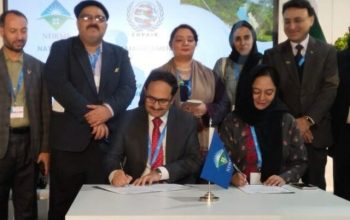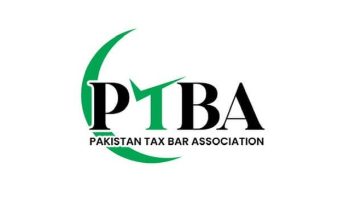Muttahida Qaumi Movement-Pakistan (MQM-P) leader Dr Farooq Sattar urged the government to slash increased consumer taxes and defer internal debt repayments to help revive the economy.
“The MQM-P is the only political party that presents a shadow budget every year, offering alternative proposals to the government’s budget for the welfare of the poor and deprived segments of society,” he stated while speaking to the media outside the Parliament House in Islamabad on Wednesday.
He emphasised that reducing the tax ratio would help increase the growth rate. He noted that in the past, growth rates of 7-8% were achieved under low tax regimes, whereas the imposition of more taxes to meet temporary revenue targets is currently diminishing the growth rate.
Sattar also advocated for a consumer tax ratio that should not exceed 2.5%. “There are more than 20 hours of load-shedding in Karachi, whereas it should not exceed 7.5 hours under the consumer management system amid high losses as per the power distribution laws,” he remarked.
Read: Senate chairman calls for unified effort to revitalise economy
He further urged the government to provide a special package to the middle class to drive development and growth in the country. He also called for a special package for Karachi, noting that the city contributes half of the Rs8,000 billion total revenue being collected.
Sattar recommended special grants for small and medium enterprises and domestic consumers for solar panel installation, especially in Karachi and Hyderabad. He called for a reduction in sales tax on fuel and electricity, and a limit of 5% tax on packaged milk instead of the proposed 18%, citing that 40% of the nation’s child population is stunted.
The MQM-P leader urged a review of taxes on the export sector and the construction industry, the latter having 60 associated businesses. He noted, “The construction sector paid Rs50 billion in taxes last year and Rs25 billion this year due to the 7E tax, which should be abolished along with the tax on POS (point of sale) retailers.”
He also called for the State Bank of Pakistan to reduce the markup rate of 22%, and for the introduction of agricultural income tax on large landowners to broaden the tax base rather than increasing tax volume.
Read the full story at the express tribune website.


